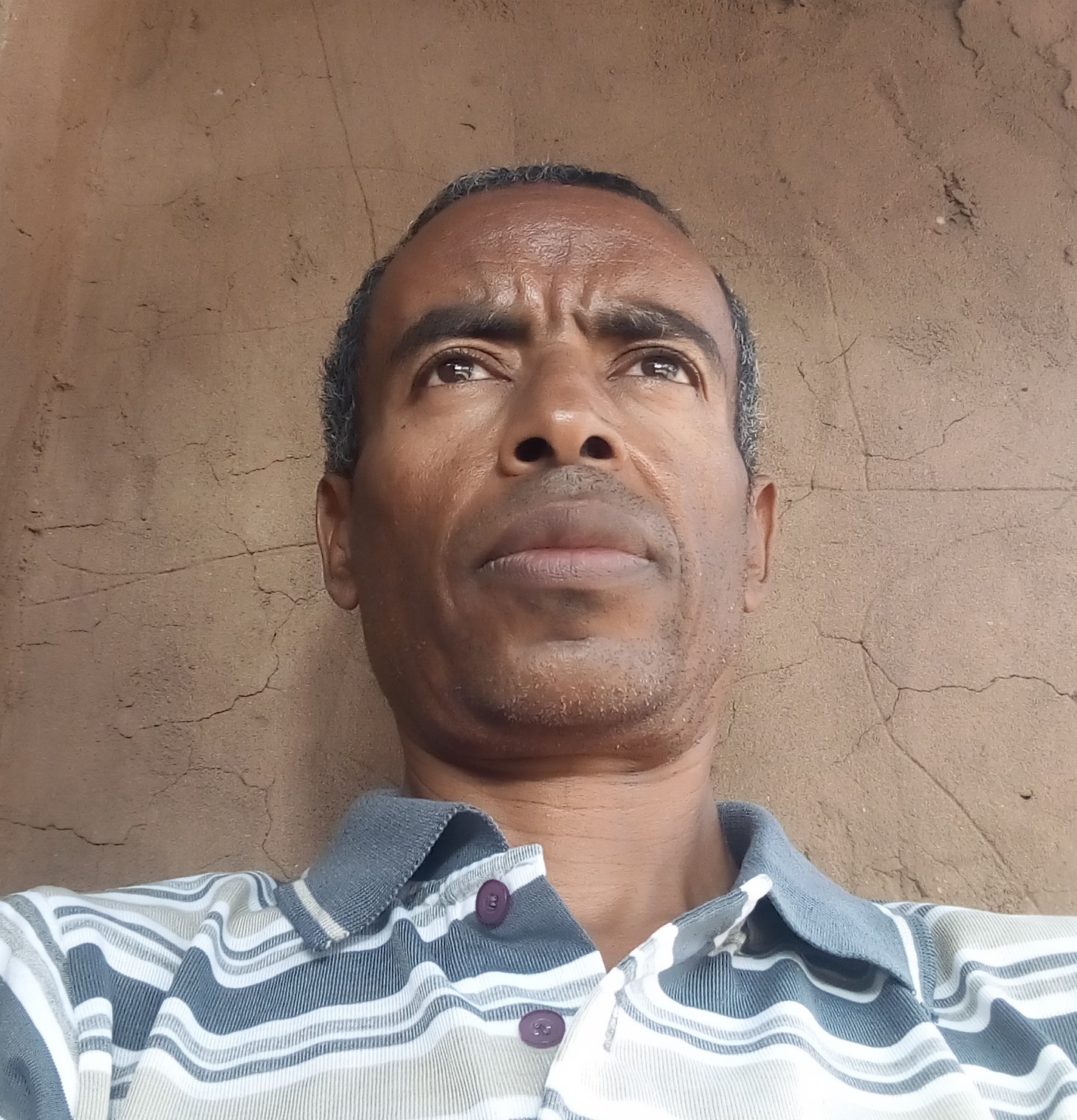Gerawork has an MA in Development Economics (PA), he has completed the Global History Lab and Oral History Research Method courses from Princeton University. A development practitioner, teacher/learning facilitator, and environmentalist; he is an enthusiastic wonderer with a strong interest in understanding the human condition, community organization, and development. He is interested in research that involves systemic thinking, human condition and relationships, poverty, and development. A rational and critical thinker, analysing experiential realities beyond the boundaries of time and place (re)interpreting patterns motivates him.
Voltaire Prize
Gera was awarded the “Voltaire Prize 2024 for Tolerance, International Understanding and Respect for Difference”. See the University of Potsdam Press Release HERE.
Gera is one of two Voltaire recipients in 2024 who are committed to the freedom of research and teaching in a special and yet very different way. The Belarusian political scientist and publicist Olga Shparaga and the Ethiopian humanities scholar and educator Gerawork Teferra Gizaw will be honored. In recognition of the outstanding commitment of the two researchers, the Friede Springer Foundation has provided a one-off total of 5,000 euros for the prize endowed with 10,000 euros this year. Originally from Ethiopia, Gerawork Teferra Gizaw lives and works in the Kakuma refugee camp in Kenya, where the Potsdam historian Prof. Dr. Marcia Schenck met him in 2016 as a participant in her course on global history. “He learned incredibly quickly and acquired the skills of an oral historian, which he then used to explore different facets of camp life,” says Schenck. “Our encounters in the camp’s makeshift classrooms marked the beginning of an enriching collaboration that resulted in joint publications, instructional initiatives, and enlightening discussions.”
Mobility Scholar in Residence
In 2023 Gera was awarded the scholarship for the Imagining Futures – Routes Scholar in Residence Programme 2024 in Exeter, UK. Gera’s project researched histories of human mobility and the implications for present-day laws and protocols related to ‘undesirable’ forms of mobility. As part of the Scholar in Residence programme Gera presented, as our guest of honour, his preliminary findings of this project at the Routes workshop ‘Exploiting mobility: governments, law and the instrumentalisation of movement’ in March 2024. Gera’s approach is one that brings a fresh perspective to questions of present-day regulation of mobility by nation-states. This vital opportunity for Gera’s in-person 6-week residency enabled Imagining Futures and Routes to facilitate Gera’s research, including visits to museums and archival collections, interviews, site visits and introductions to colleagues at the Universities of Exeter, Oxford and Cambridge. We are thrilled to have supported Gera’s research on systemic thinking, poverty and development and his work on experiential realities beyond the boundaries of time and place. Of his experience of the Mobility Scholar in Residence, Gera reflects:
‘In addition [to planned museum/archival visits and interviews] I attended asylum court proceedings and community-level meetings through which I learned what the current UK asylum processing system and community-level hospitality look like. In the court proceedings, I observed how the courts put effort into regulating mobility, while community associations put more effort into welcoming and accommodating despite the fact that they also carry obligations to serve the mechanistic regulatory system. Attending the Law and Mobility Workshop at Dartington, a memorable place, I found a space to present my reflexive insights related to instrumentalizing mobility. I also attended church ceremonies, dinners, music, theatres, and other social events, which have also helped me see the extent of diversity and levels of interaction/integration. Aiming to benefit the most out of this rare opportunity I asked various wild, provoking, and in some cases weird questions, all the responses have enriched my inquiry in various ways. […] Such a residence scholar program has also a special meaning in terms of connecting refugee camps – which are located in extremely remote parts of the world – with the centre of the world where diverse experiences and knowledge exist. Thank you for creating such an opportunity.’

